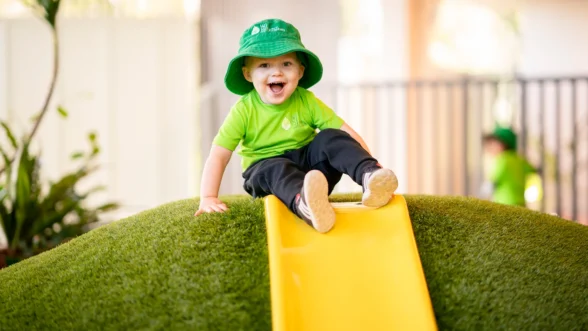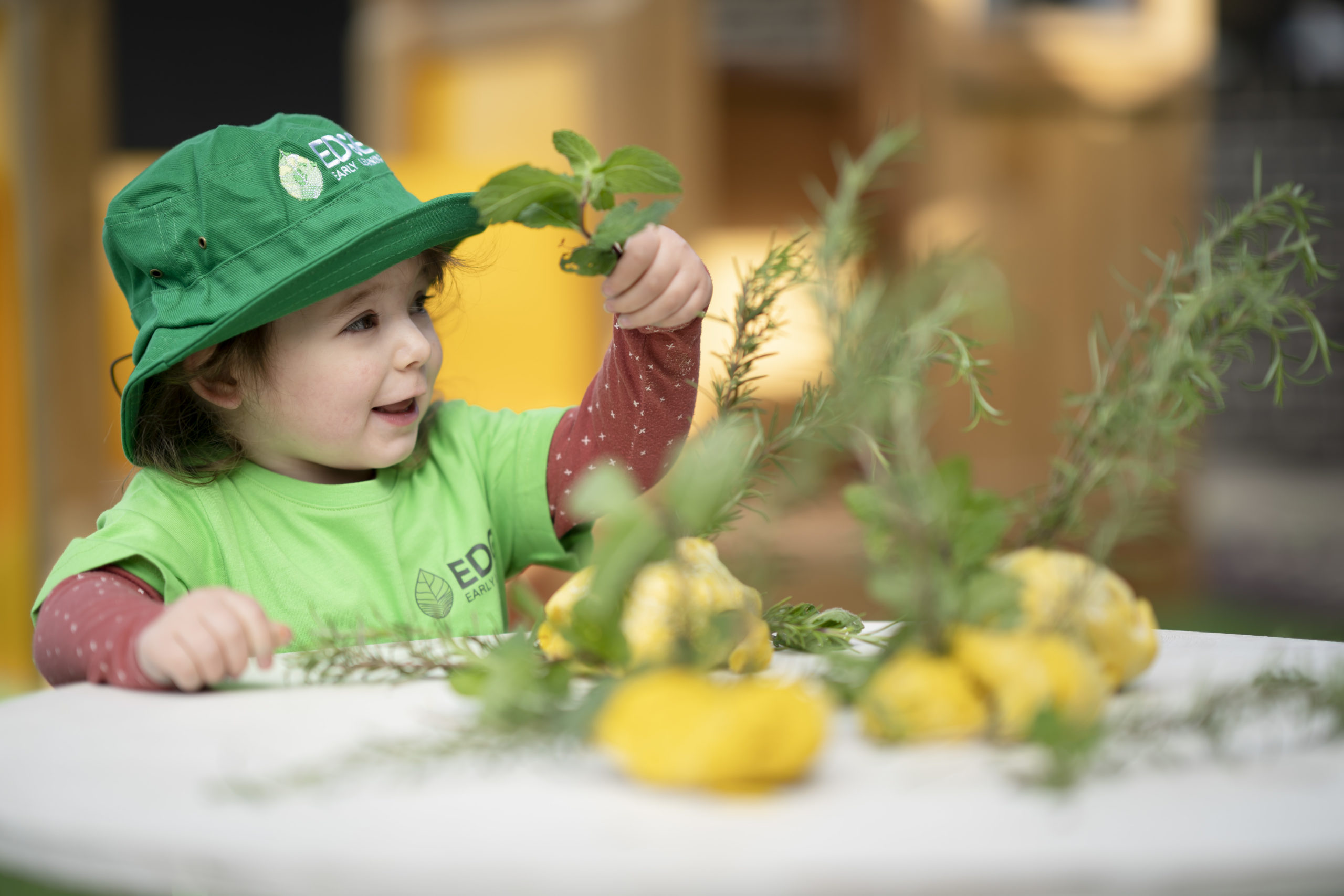
Education, Wellbeing
Education
03 April, 2026

Nature play is more than just outdoor fun – it’s a gateway to creativity, learning, and holistic development for children. In today’s busy world, where screens and schedules often dominate, nature play offers a chance for kids to slow down, explore, and connect with their surroundings. By encouraging your child to engage with the natural world, you can help them build essential skills, foster a love for the environment, and create lasting memories. Let’s dive into the benefits of nature play and how it can support your child’s growth in meaningful ways.
What Is Nature Play for Children?
Nature play involves unstructured, child-led activities that encourage kids to explore and engage with the natural world. Unlike traditional outdoor play, which often includes man-made toys or equipment, natural play focuses on elements like rocks, logs, water, and plants.
For toddlers and children, nature play might look like climbing trees, digging in the dirt, or splashing in puddles. It’s about discovery, creativity, and being fully immersed in the environment. This type of play allows children to connect with nature in a meaningful way, sparking curiosity and a sense of wonder.
Common Features & Elements of Nature Play
Nature play incorporates a variety of natural elements and experiences that stimulate children’s senses and encourage exploration. Some common features include:
Activities like climbing, digging, and hiding in bushes are typical of nature play, offering children opportunities to be mindful, present, and fully engaged in their surroundings.
What Are the Benefits of Nature Play for Children?
The benefits of nature play are vast, supporting a child’s holistic development in early childhood. Here’s how it helps:
Additionally, nature play can support language development by encouraging children to describe their surroundings, ask questions, and engage in conversations. This ties into the broader concept of what roles nature and nurture play in children’s language development, as both the environment and social interactions play a key role in shaping communication skills.
Nature Play in Early Learning
At Edge Early Learning, nature play is an integral part of the curriculum. Children are encouraged to explore and connect with the natural world through activities like:
These activities not only support children’s development but also instil a lifelong appreciation for the environment.
Easy Ideas to Encourage Nature Play at Home
Incorporating nature play into your child’s daily life is easier than you think! Here are some simple ideas to get started:
These activities are not only fun but also provide endless opportunities for children to learn, grow, and thrive through natural play.
Nature play is a cornerstone of childhood development, fostering creativity, physical health, resilience, and mental wellbeing. At Edge Early Learning, we proudly incorporate nature play into our programs, offering children hands-on experiences with the natural world through outdoor play, sensory activities, gardening, and exploration of local green spaces.
Why not bring the magic of nature play into your own home? Try some of the ideas we’ve shared and watch your child’s imagination and confidence bloom. For more tips, inspiration, and resources on parenting and child development, visit the Edge Early Learning blog. Together, let’s inspire a love for nature and learning—one adventure at a time!